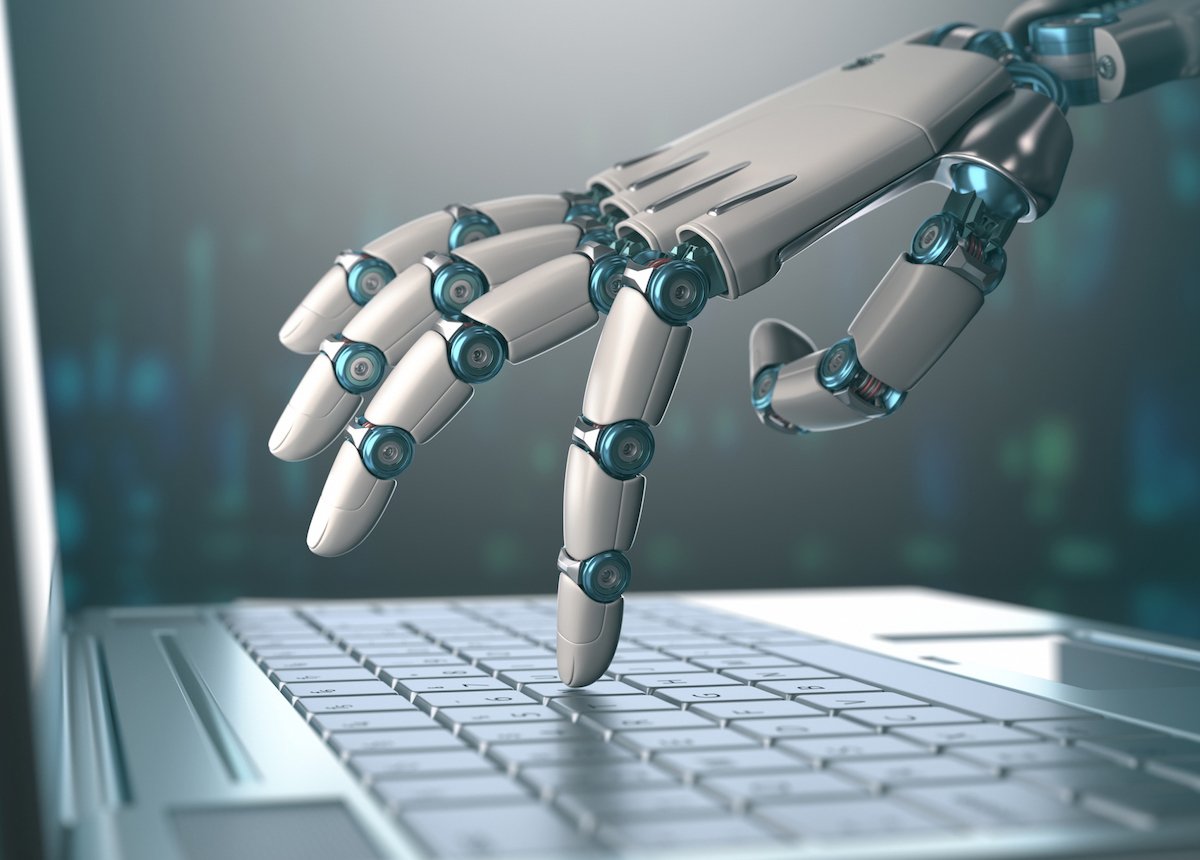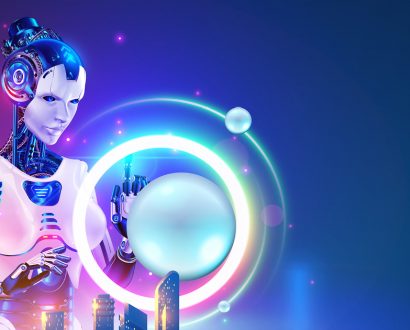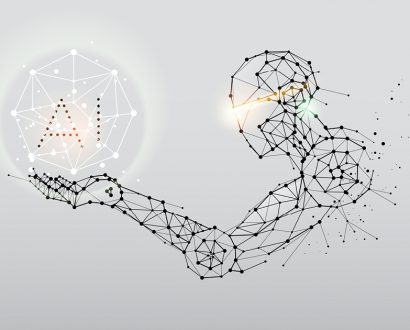Across the globe, countless industries and organisations are becoming increasingly dependent on new technologies to drive competitive edge. From construction to retail to insurance, the use of automation, machine learning and artificial intelligence (AI) is on the rise. As a result, according to the World Economic Forum, big Australian businesses are spending an average of $6 million a year on AI technologies.
Centred on better business outcomes, the benefits and opportunities that AI brings are, of course, very exciting. For example, automation via robotics can create safer work environments by taking dangerous tasks away from individuals. Machine learning can also result in higher productivity, making more time available for business-critical and creative thought, rather than day-to-day task work.
The marketing function in particular sees huge benefits from machine learning and AI. It can help to shape and drive marketing activities based on insights on consumer behaviours. In fact, according to Deloitte Digital, 58% of global CMOs believe that within the next five years, companies will need to compete in the AI space in order to succeed.
This begs the question, will a robot take your marketing job?
Tools like AI, automation and machine learning are exactly that; tools. With them, marketing experts are better able to find their target customers and more importantly, learn their needs and wants. This will deliver a level of personalisation that we have never seen before, driving relationships between consumers and brands and delivering competitive edge. The potential of AI in marketing is incredible.
However, as more and more marketers implement new technologies, the expected fear of job loss will rise. If AI and automation take over certain tasks, what will that mean for the people who do them today? Do marketers need to fear losing their jobs?
The short answer? No. It’s true that certain tasks are likely be taken care of through marketing automation solutions. But the role of the marketing expert will not be lost to robots. Instead, it is evolving into something new and, as I see it, something much more exciting. Here’s how:
-
There is a need for intelligent analysis
Big Data was coined to represent the massive amount of information that inundates a business every day. The level and amount of Big Data provided by AI Marketing (AIM) solutions can be one of the most valuable resources a brand can possess. This level of insight gives marketers access to an increasing number of relevant metrics and parameters, allowing them to see the decisions of countless web users and, over time, shedding light on important trends and relationships.
This, in turn, means digital marketing experts can really look into the minds of current and potential customers to develop personalised marketing strategies. AIM solutions offer ways to bridge the gap between data science and execution, but only for marketers who can see and make those connections. While AIM solutions and marketing automation technology can help, and provide excellent information on customers, they are no match for the analytical and creative brains of marketing teams.
-
There will be more time for strategic thought
Speaking of the creative brains of marketing teams, nearly all of them struggle to dedicate the time and energy necessary for truly creative, high-level, business-critical thought. AIM empowers marketing teams with that very luxury. The process of sifting through and analysing huge piles of data was once an insurmountable process; now, it is not only feasible, it’s actually easy. AIM will take on the burden of execution of marketing, allowing marketers to focus on strategy and content, and enable a new renaissance in creativity.
So, rather than spending hours organising data, or setting and monitoring email activity or social media conversations, marketers can lean on technology to do that for them, using their newly available time to focus on creating more effective strategy, that capitalises on this fresh information. These are exciting opportunities for marketing experts to contribute to a growing business in more impactful ways.
-
There is no substitute for humans
AIM and automation technologies can help marketers find more information about their customers, decreasing the amount of time spent on mechanical tasks. But they can never replace the human touch that effective marketing requires. It’s true that the more technology becomes available and is implemented, the more marketing teams need to update their skills and expertise to better leverage their investments.
However, entirely automating and relying fully on AIM solutions, without a skilled human brain behind it, won’t work. The best and brightest marketers understand that, and use the data that these technologies provide to enhance, not replace, their own human understanding.
Marketing automation and AIM technology are here to stay, but fearing that these new tools will eliminate critical marketing roles isn’t necessary. According to IDC, in Australia, new efficiencies gained from AI will aid the creation of 16,714 new jobs and $19 billion in increased revenue over the next five years. Yes, the role may change and develop alongside the technology, but no matter the industry, marketing will always be a spot for creative, adaptive minds.







